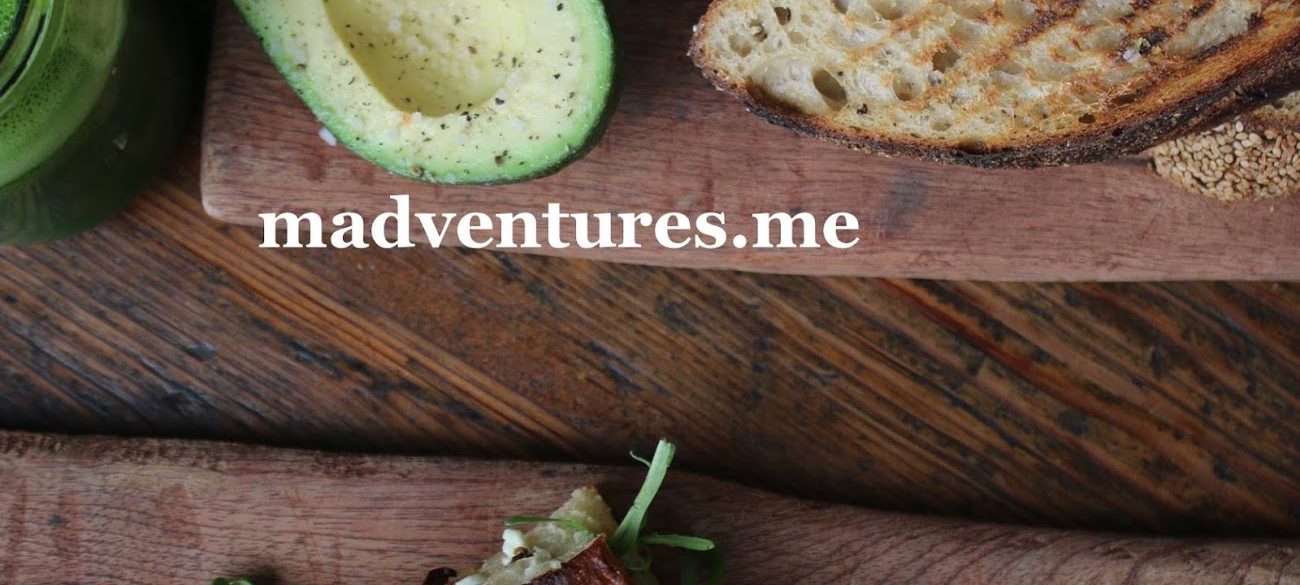
As it is the new year, I was thinking about trends. The “Russian” style manicure or pedicure technique is emerging as a trend. It is also called an “efile” or “dry” manicure. Read about it here. Basically, it is a technique of using almost no water and using an electric file to do the removal and sanding of the hands and feet. There is no water bath for your feet or hands. To read more about American, French, or Russian manicures, read here.

When I went to New York City, I looked up a place to have this style of mani-pedi. There were at least ten places that showed up on Google maps when I typed in ‘Russian mani’ — impressive as in the Washington, DC, area, there are none.
There seems to be controversy about it. My friend who lived in central Asia for many years and encountered this technique there says that she prefers this technique because there is less shoving and pulling on the cuticles. Plus the nails come out buffed and shiny even without shellack. The Russian technique is more expensive than the conventional technique. (After a few weeks, I’m of two minds. I like the efiling but I also like getting my feet soaked.)

The conventional method with water (and often done by Asians, specifically Vietnamese) in the US is a result of Tippi Hedren (Melanie Griffith’s mother). She should get more credit. From the BBC article:
“Aside from flying in her personal manicurist, Hedren recruited a local beauty school to help teach the women. When they graduated, Hedren helped get them jobs all over Southern California.“
To read a history of the manicure, read here. As this article points out, this method is called “Russian” not because it was invented in Russia but because the method is popular in many Russian speaking countries including Ukraine, Kazakhstan, and the other stans. Due to world events, manicure technique is once again a way for refugees to find work and make a life for themselves in America. Who knew it would be so deep?
